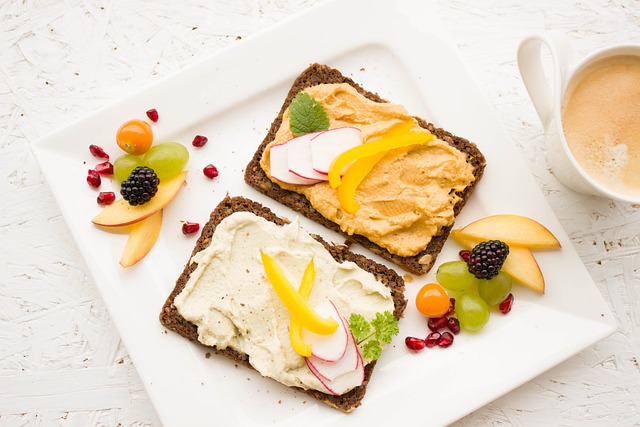From Microbes to Health: How Probiotics Work Inside Your Body
Welcome to the wonderful world of probiotics! Have you ever wondered how these tiny living organisms can enhance your health and overall well-being? In this blog post, we will explore the fascinating world of microbes and delve into how probiotics work inside your body.
Understanding Microbes
Microbes, also known as microorganisms, are microscopic living organisms like bacteria, viruses, fungi, and protozoa. They exist all around us – in the air we breathe, the soil we walk on, the water we drink, and even inside our bodies.
In fact, our bodies are home to trillions of microbes, collectively referred to as the human microbiota. The microbiota primarily resides in our digestive system, where it plays a crucial role in various bodily functions such as digestion, immunity, and metabolism.
Introducing Probiotics
Probiotics are live bacteria and yeasts that are beneficial to our health, especially our digestive system. These “friendly” microbes can be found in certain foods and supplements. The most common probiotics include strains of Lactobacillus and Bifidobacterium.
When consumed in adequate amounts, probiotics can help restore the natural balance of microorganisms in our gut, supporting our overall health and well-being. They work in harmony with the existing microbial community, promoting beneficial effects.
How Probiotics Work
There are several ways in which probiotics work inside your body:
1. Enhancing Digestion:
Probiotics aid in the digestion and absorption of nutrients by breaking down complex carbohydrates, proteins, and fats. They produce enzymes that the human body may lack, supporting efficient digestion.
2. Boosting Immunity:
A significant portion of our immune system resides in the gut. Probiotics help improve the function of our immune system by enhancing the barrier function of the intestinal lining and stimulating the production of immune cells.
3. Restoring Microbial Balance:
Factors such as poor diet, stress, antibiotics, and illness can disrupt the natural balance of microbes in our digestive system. Probiotics can help restore this balance by outcompeting harmful microbes and preventing their overgrowth.
4. Producing Helpful Substances:
Probiotics produce beneficial substances, such as short-chain fatty acids and vitamins, which contribute to the overall health of our body. These substances help maintain the optimal pH balance in our intestines and support various physiological processes.
5. Alleviating Digestive Disorders:
Research suggests that probiotics may alleviate certain digestive disorders, such as irritable bowel syndrome (IBS), inflammatory bowel diseases (IBD), and diarrhea. They can help reduce symptoms like bloating, abdominal pain, and irregular bowel movements.
Choosing the Right Probiotic
With so many probiotic products available, it’s important to choose the right one for your specific needs. Consider the following factors:
1. Strain Diversity:
Look for products that contain a variety of probiotic strains, as different strains have distinct benefits. The greater the strain diversity, the more comprehensive the support for your overall health.
2. Colony Forming Units (CFUs):
Check the CFU count to ensure you’re getting an adequate number of live probiotic organisms. Higher CFU counts may be more effective, but consult a healthcare professional for personalized recommendations.
3. Quality and Viability:
Choose well-established brands that prioritize quality control and ensure the viability of the probiotic organisms until the expiration date.
4. Targeted Formulas:
Consider probiotics tailored to







